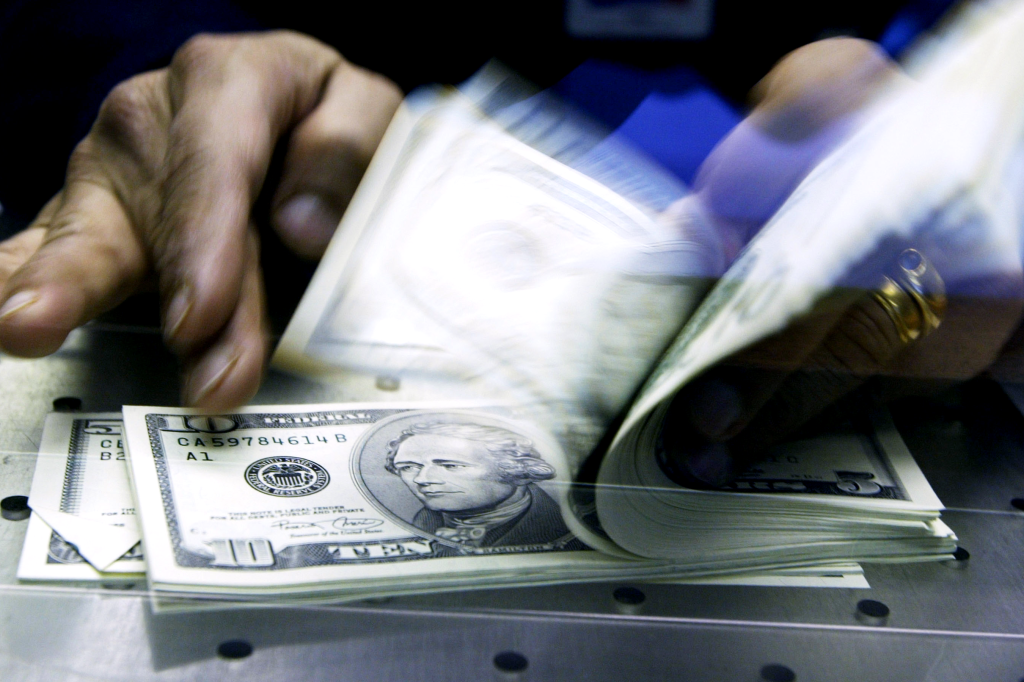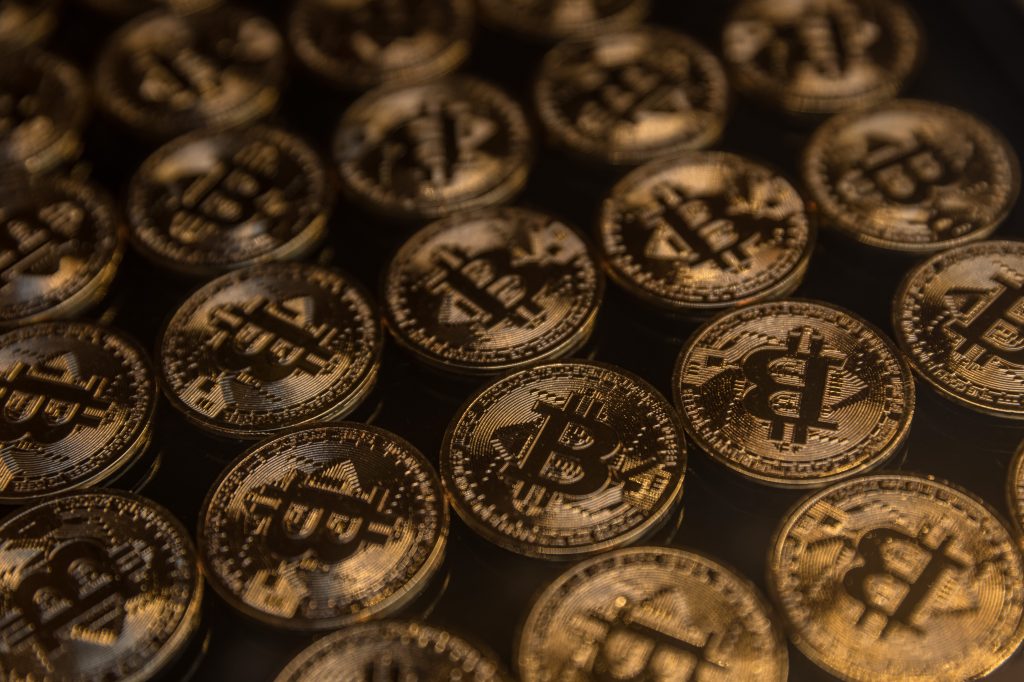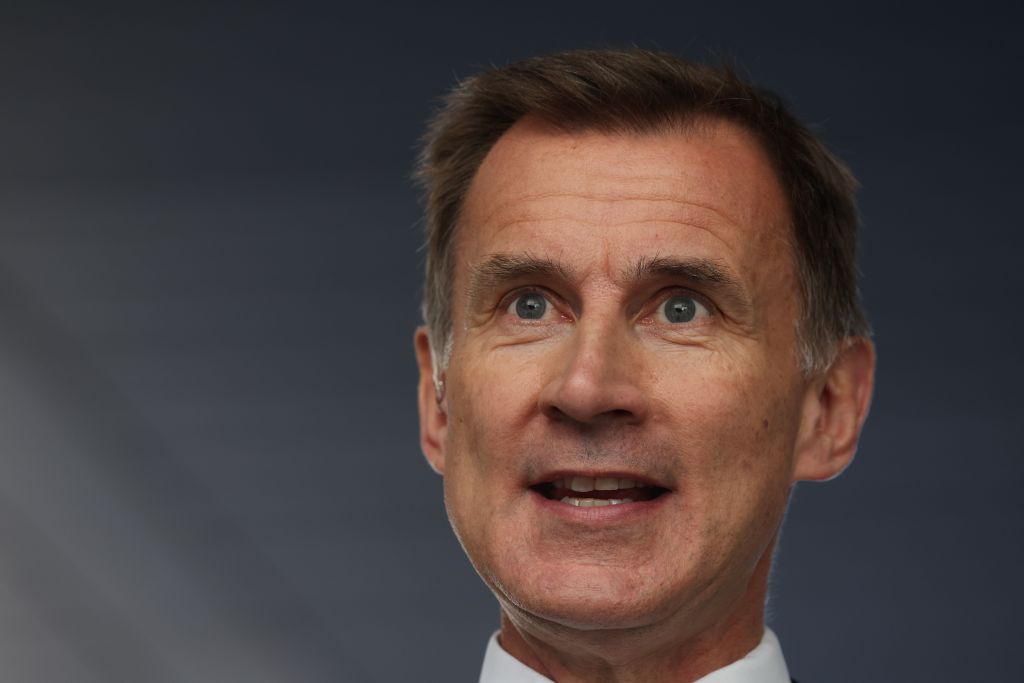UK Chancellor Jeremy Hunt has confirmed the Government is considering raising bank deposit insurance guarantees, and raised the prospect of introducing measures to counter the effect of social media rumors on the markets.
His comments came in fringe meetings at the IMF Spring gatherings in Washington, and follow those made by Bank of England governor Andrew Bailey in the same city yesterday.
Hunt agreed that, “We need to look at deposit insurance and keep that under review”, but intimated that the initial decision on the principle would need to be made by regulators.
Until recently, Bailey and the UK Government had said the UK’s £85,000 ($106,000) limit was right.
How to finance any increase
“If there is a decision [from regulators] that we should increase [the £85,000 limit], it will come across my desk as to how we finance that increase,” he said, adding that he would “defer to the Bank of England and the [PRA] as to what the precise level should be”.
He stressed that, unlike in the US, there was no reserve of money to pay depositors quickly, so raising the limit would mean using public funds.
Hunt also moved to counter negative forecasts about the UK economy given by the IMF, saying the organization had been too downbeat about UK prospects. And he made particular refence to the banking sector by stating “I’m very confident that, notwithstanding the speed that deposits can move, we have a very resilient banking sector”.
Role of social media
He also acknowledged the role of social media platforms in influencing markets, saying “The thing that was most noticeable about Silicon Valley Bank was the speed at which deposits were transferred. Word gets round on social media. And so we need to make sure we are constantly updating our stress testing to deal with situations that might occur.”
The issue of regulating what is said and how it is conveyed on social media is one of the hot topics of our age. The debate has largely been conducted within a framework of concerns about personal freedom of expression and individual rights. But high-profile bank collapses such as FTX and SVB have brought a new focus to the issue.
If moves are made to more tightly regulate information on social channels, considerations about personal liberty will be critical, but it could ultimately be the markets that decide or at least sway the way forward.
















